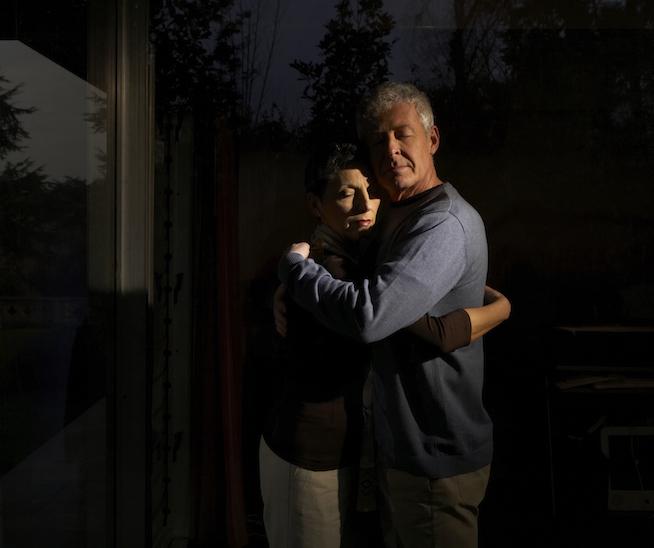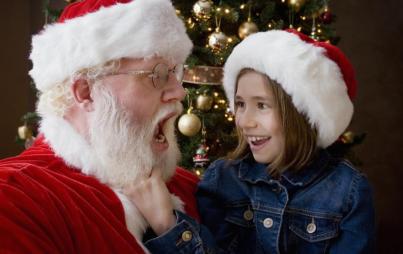
Just be there.
If someone you care about is suffering through the pain of first holidays without someone they love, there are things you can do.
This time last year, I was prepping Thanksgiving dinner, my first-ever to cook without the help of anyone on my side of the family. My mom and aunt were in their own respective homes, hundreds of miles away, doing their own thing, and I was in a new house with my boyfriend. We were making new traditions as a family.
A few months before, his younger sister had been diagnosed with stage IV colon cancer. She was able to get up and around, with help, but definitely didn't have the energy or strength to cook for her own small family. Of course we invited her over. With three kids (my two and her one — all boys!) and four adults, it felt more like Thanksgiving dinners I'd had when I was younger.
I agonized over the menu and (potentially) poisoning everyone with an undercooked bird. I combined holiday traditions from both families. Hell, I even dressed up for the occasion and wore an actual dress — albeit a stretchy one, because I had plans for leftovers that day.
Here we are, a year later, and his sister has only been gone a few months. The entire family was devastated and is still working their way through the grieving process. I'm no stranger to this kind of pain. My father died when I was 22, and every first holiday without him was painful. To this day, almost 14 years later, I still don't do well on Father's Day or his birthday.
If someone you care about is suffering through the pain of first holidays without someone they love, there are things you can do. No, you can't fix their grief or make them forget completely, but with understanding, support, and a willingness to let them express their emotions, you will be a bigger help and better friend than you can imagine.
Don't Be Afraid To Acknowledge Their Grief
“How you holdin' up?” and “I miss him, too” are completely acceptable. I promise you, they're totally thinking about that person and you're not “sparing them pain” by pretending nothing's wrong. When you ignore the obvious, you may make them feel more alone and isolated. Don't worry if you don't know what to say. Simply being there is often enough.
Respect The Grieving Process
Just because one person can crack jokes and find a reason to smile (hi, that's me) doesn't mean someone else doesn't need to cry or be angry that someone they loved dearly is gone. Don't be the person who says, “Shouldn't you be over it by now?” Just. Don't.
Offer Support, Hugs, or Distraction
If they want to talk and share memories, be a listening ear. Hugs are always good, too. And for those who are willing to be distracted, even better. Play up to your strengths on this one — joke around, find a project to do, or just drag them out for a late movie or some holiday shopping. In my family, the distraction is usually in form of sarcastic, off-color, not-safe-for-anyone-outside-of-the-family humor.
Let Them Cling To Or Reject Family Traditions
There's no right answer here. When my father died, that first Christmas was rough. My mom and I had no desire for turkey and potatoes, so we made oyster stew. It didn't come out like the picture in the cookbook, but we had a moment where we weren't wrapped in our own grief and we laughed ourselves silly through the process. My boyfriend uses his family traditions to remember his loved ones. We make his grandmother's corn fritters at every holiday because that's what she did. I imagine we'll have yams this year in honor of his sister because those were her favorite.
The holidays are supposed to be a happy time when families are brought together to give thanks, make memories, and celebrate times gone by. After someone dies, those first holidays are tough. The gaping hole left by the missing family member is more obvious than almost any other time of year. You don't have to do much to help. Simply be a good friend and let them know their pain isn't forgotten or ignored.







